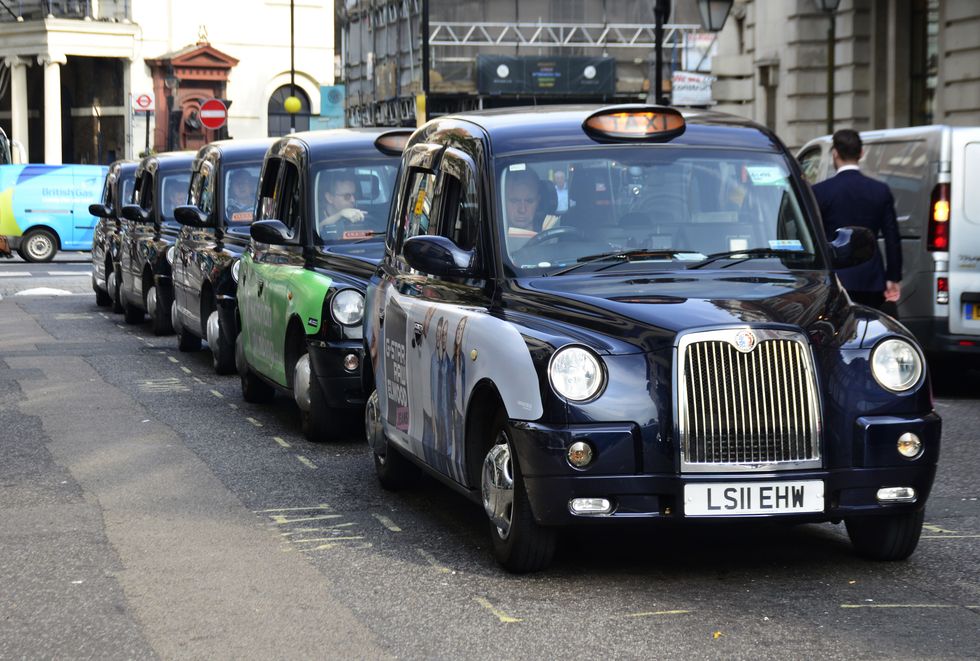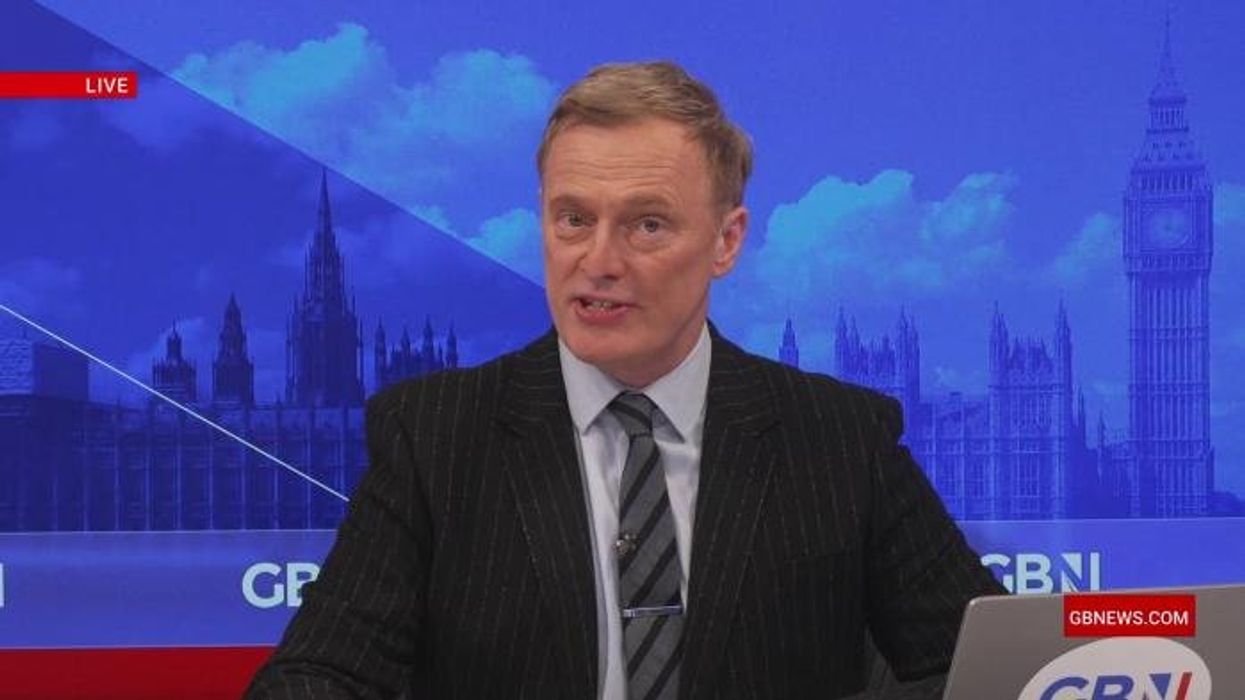Driving law changes launching today will ensure all London taxi drivers meet 'English language standards'

The new rules are being introduced today (October 1)
Don't Miss
Most Read
New rules are being introduced for taxi drivers across the capital, which will require them to meet English language rules.
From today, Wednesday, October 1, 2025, Transport for London will introduce new assessments for taxi drivers.
All taxi driver licence applicants must pass the safety, equality and regulatory understanding (SERU) assessment before they can be licensed as a London taxi driver.
Similarly, all taxi drivers whose taxi licence expires on or after October 1 must pass the SERU assessment when they next renew their licence.
TRENDING
Stories
Videos
Your Say
It follows guidance from the Department for Transport that requires all drivers to meet particular standards to operate as a taxi.
The Statutory Taxi and Private Hire Standards outline standards that licensing authorities must implement.
The SERU assessment was introduced to ensure all London taxi drivers "are complying with the standards regarding safeguarding and English language skills".
Motorists looking to take the SERU assessment will find all information contained in the Taxi Driver Handbook.

London taxi drivers will be required to pass the SERU assessment
|GETTY
The SERU assessment covers:
- Taxi fares and payments
- Being aware of equality and disability
- Safeguarding
- Driver safety and safe driving
- Stopping and waiting
- Licensing requirements

Existing London taxi drivers will need to take the test when they go to renew their licences
| GETTYLATEST DEVELOPMENTS:
The Department for Transport's statutory guidance for taxis and private hire vehicles outlines that a lack of language proficiency could impact a driver's ability to understand written documents.
It warns that this could result in a driver facing difficulties when interacting with policies and guidance relating to the protection of children and vulnerable adults.
In certain circumstances, taxi drivers will be required to put these standards into practice and "identify and act on" signs of exploitation.
The guidance states: "Oral proficiency will be of relevance in the identification of potential exploitation through communicating with passengers and their interaction with others."

The SERU assessment looks to ensure that drivers can identify potential instances of exploitation
| GETTYWhen testing a driver's language proficiency, licensing authorities are encouraged to cover both oral and written English language skills.
Drivers are also expected to have completed the online safeguarding awareness training course before they take the SERU assessment.
Any new taxi drivers will need to take the SERU test towards the end of the Knowledge of London process, which can often be booked at the same time.











